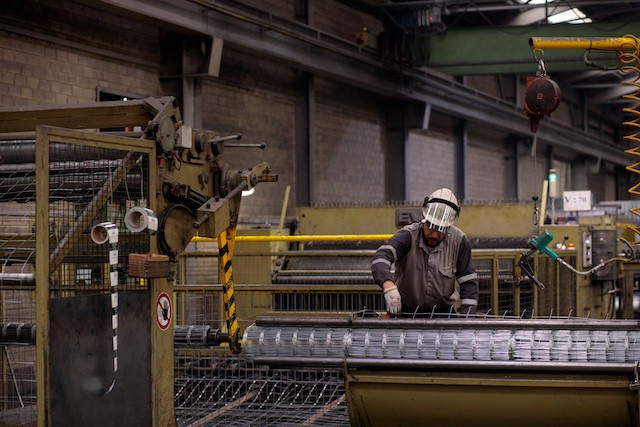The funding aims to support the research part of the company’s environmental, climate and energy projects. The group’s 2021–23 research and development programme aims to help ArcelorMittal to reach its climate action goals and to reduce its environmental footprint. The Luxembourg-based steel and iron producer has committed to reducing CO2 emissions intensity by 35% by 2030. It net-zero emissions target is 2050.
“The role of our organisation, Global R&D, is to create the technological basis for ensuring ArcelorMittal’s long-term viability as the world’s leading steel and mining company,” said Greg Ludkovsky, vice-president of ArcelorMittal and head of research and development.
Decarbonisation will be one of the main targets of the research activities which this loan will finance. Funding will also go towards a project covering capital expenditure in France, Belgium, Luxembourg and Spain.
The research and development activities supported through the new investment will be carried out primarily in ArcelorMittal’s existing R&D facilities.
ArcelorMittal and the EIB have partnered up in the past. In 2017 the two signed a financing agreement for €350m to help fund the group’s 2017–20 research and development programme. In 2020, the EU’s financing institution granted ArcelorMittal €75m as part of the Horizon 2020 and NER 300 funding programmes.
The steel producer has carried out research activities in fields such as blast furnace decarbonisation, innovative casting technologies, circular economy, CO2 reduction and others.
This latest loan is backed by the European fund for strategic investments (EFSI), managed by the EIB. At least 40% of the EFSI projects aim to contribute to climate action in line with the Paris agreement.
concluded that the EIB has not focused on central and eastern Europe where sustainable investment is most needed. The auditors also added that the EIB spent only a small amount on adaptation to climate change, while calling for more climate action by the EU in general.
